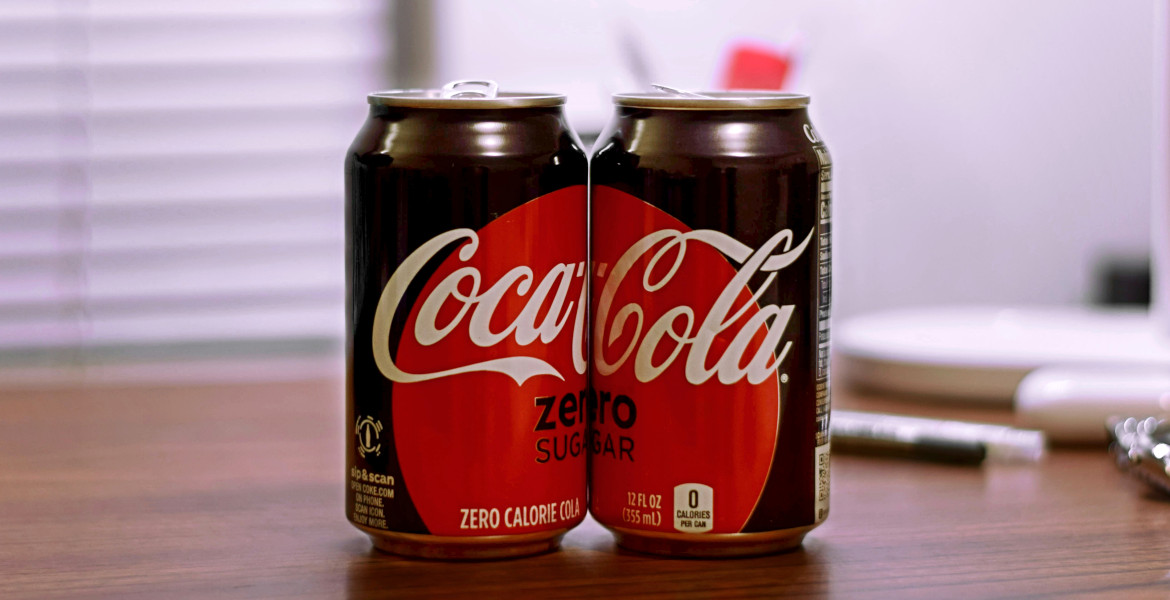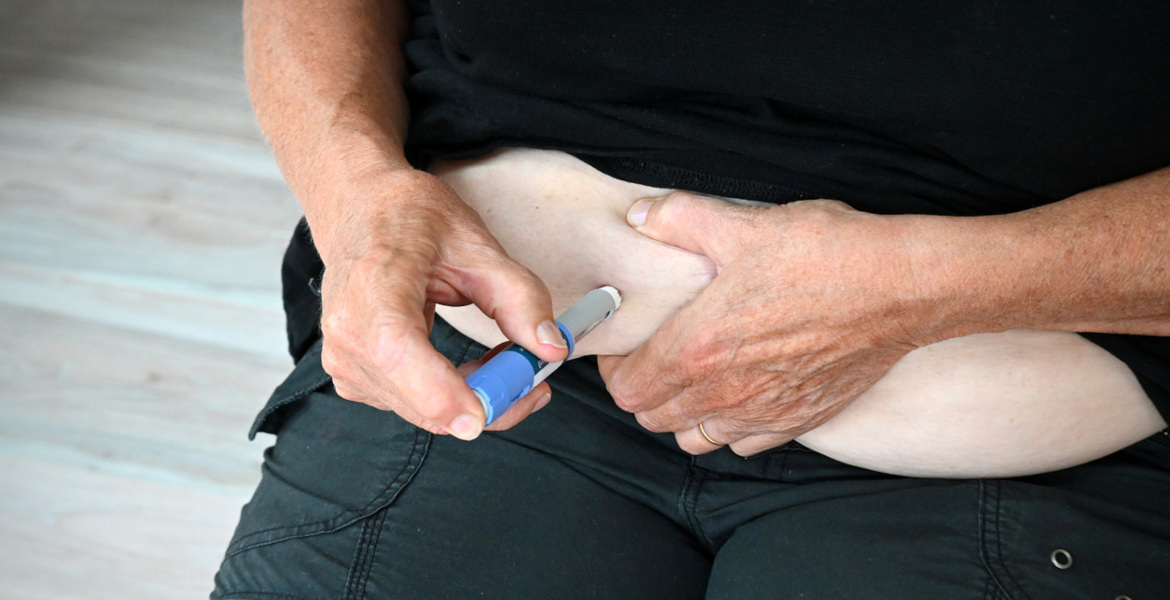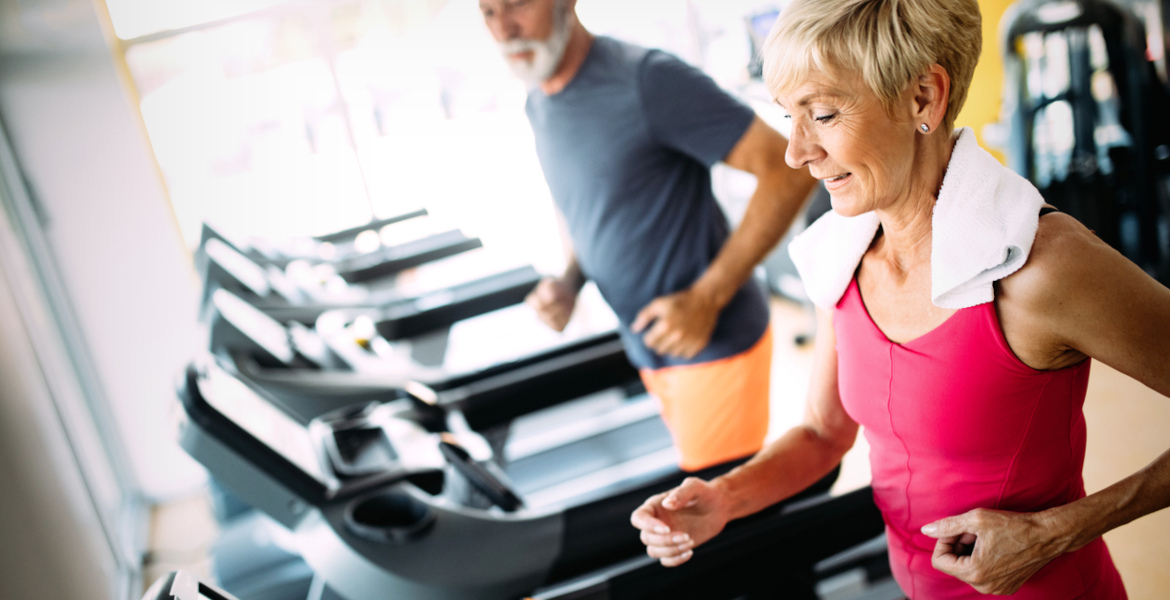Soft drinks with sweeteners may increase the risk of atrial fibrillation by 20%, according to a Chinese study.
– Do not take it for granted that drinking low-sugar and low-calorie artificially sweetened beverages is healthy, says researcher Ningjian Wang.
The study, published in the journal Circulation: Arrhythmia and Electrophysiology, involved 201,856 people in Shanghai between 2006 and 2010 who were asked to record what they ate and drank during the day. The researchers returned to the participants after about 10 years and found that about 9362 cases of atrial fibrillation had been documented among them, with a common denominator being soda consumption.
The researchers found that drinking at least two liters of diet soda or other artificially sweetened drinks per week was associated with a 20% increase in the risk of irregular heart rhythms, compared with people who drank less or none at all. It was also found that drinks with added sugar could increase the risk of atrial fibrillation by 10%. However, drinking no more than one liter of unsweetened juice a week reduced the risk of the condition by eight percent.
However, it cannot be fully confirmed that it is these drinks that cause the health problems, but the association remained even after taking into account a person’s genetic susceptibility to the condition.
Potential health risks
– Our study’s findings cannot definitively conclude that one beverage poses more health risk than another due to the complexity of our diets and because some people may drink more than one type of beverage, adds Ningjian Wang, a researcher at Shanghai Ninth People’s Hospital and Shanghai Jiao Tong University School of Medicine, and continues:
– However, based on these findings, we recommend that people reduce or even avoid artificially sweetened and sugar-sweetened beverages whenever possible.
The study also found that participants who consumed more artificially sweetened beverages were more likely to be female, younger, have a higher body mass index, and have a higher prevalence of type 2 diabetes.
– Do not take it for granted that drinking low-sugar and low-calorie artificially sweetened beverages is healthy, it may pose potential health risks.








